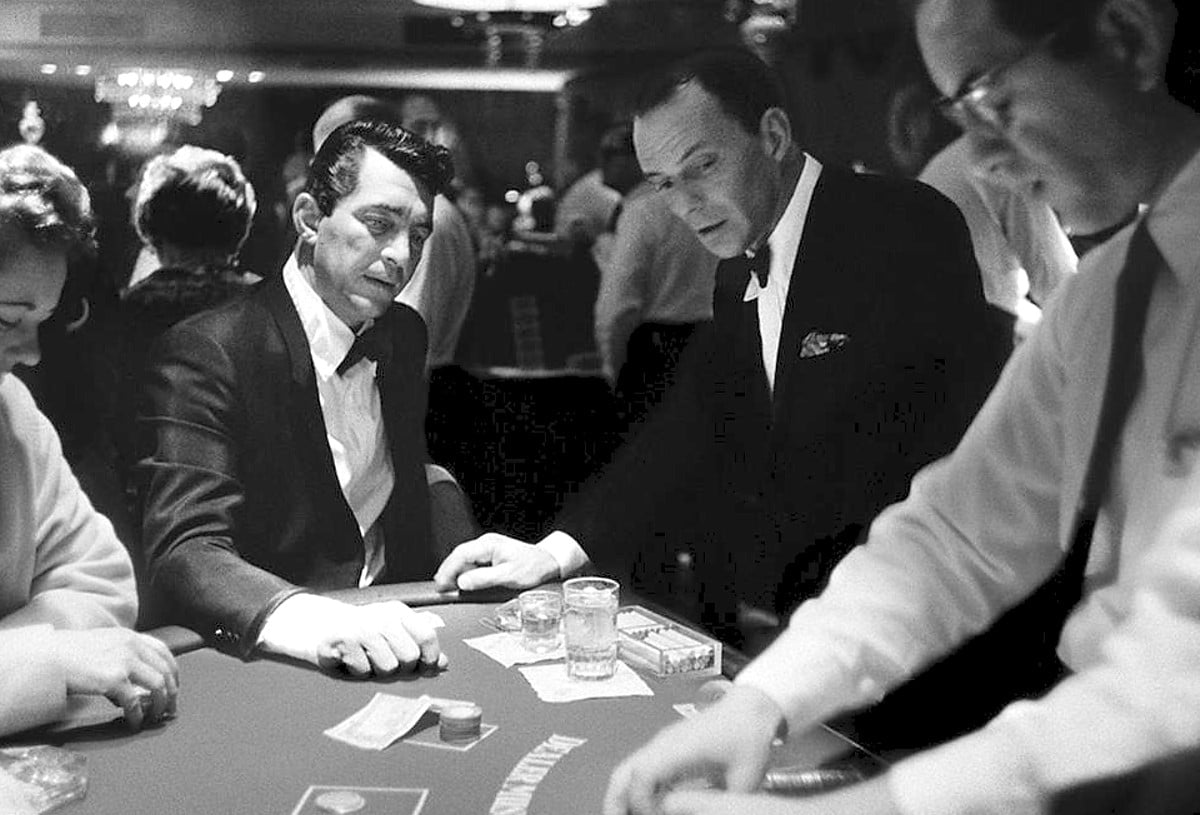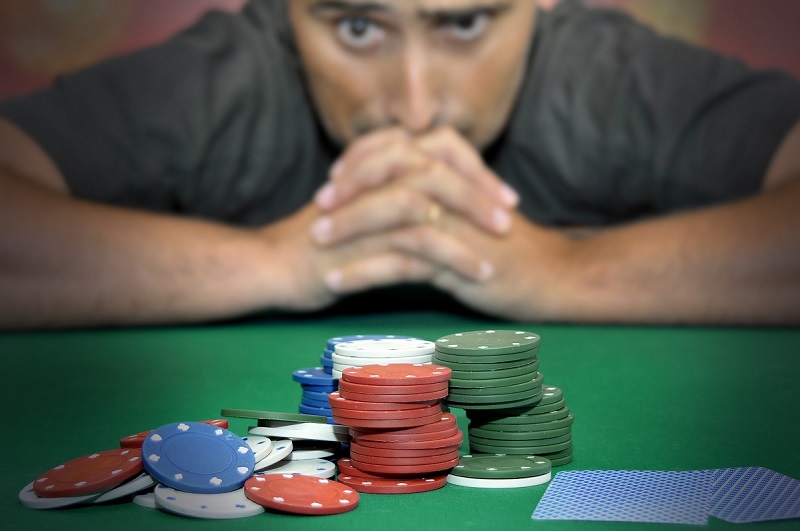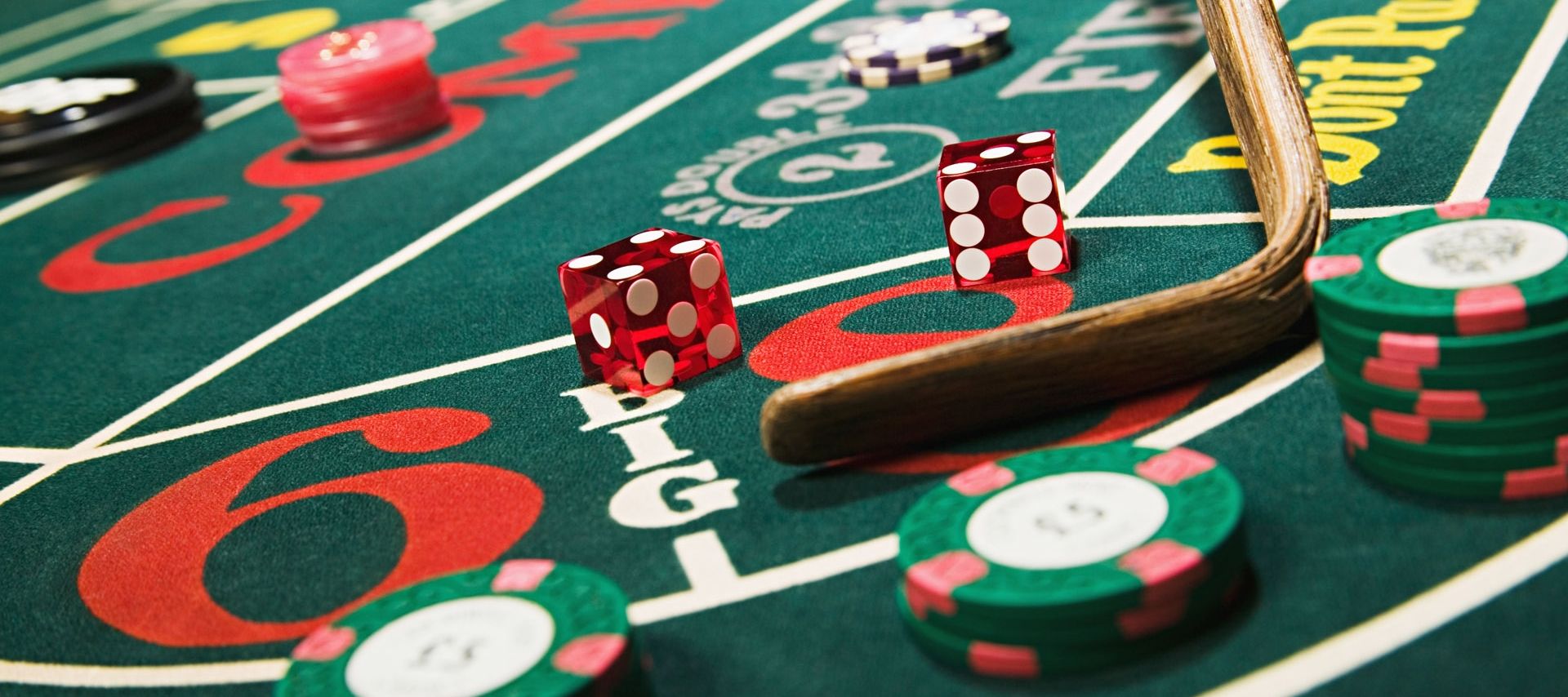
Aztec’s Treasure is a 5-Reel progressive slot machine that’s based off of an Aztec theme-hence the name. If you’re up for a bit of prospecting for the mythical lost gold, this might be the progressive slot machine
Aztec’s Treasure is a 5-Reel progressive slot machine that’s based off of an Aztec theme-hence the name. If you’re up for a bit of prospecting for the mythical lost gold,Aztec’s Treasure Slot Machine Articles this might be the progressive slot machine for you.
zeusslot With Aztec’s Treasure you can have fun or really go for the big jackpot. There are 20 lines on this progressive slot machine. Before spinning, you can select how many lines to play-as low as one line. If you’re not going to play all 20 lines, which is the machine’s default position, you need to know that you must play them in sequential order.
So, if you wanted to play just three lines, you’d be playing line one, two and three. You can’t do them out of order, like four, six and eight. There are ten lines on each side of the machine. To give you an example, line one is in the 6th position on the left, while line two is on the second position on the left. Line three is on the 9th position on the left and so on. All numbers 10 and under are on the left, while all numbers 11-20 are on the right.
Aztec’s Treasure has the following betting denominations: 1 cent, 2 cents, nickel, quarter, 50 cents, one dollar and five dollars. So, you can bet up to $100 per spin if you want.
This progressive slot machine also has an auto play feature. While I don’t consider this fun, you might. Just put your money in, click on auto play and kick back until you want to stop. The game will keep playing until you run out of money or you stop it. I can just imagine clicking this feature with $500 in the machine, getting a phone call, forgetting about the machine and coming back to see $0.
Aztec’s Treasure has multiple bonuses throughout the game. The Aztec King shows up on Reels 2, 3 and 4. He’s like a wild symbol. Except for Idols, he substitutes as any symbol. The Idols appear here and there.
The Jackpot is random and it can be won at the end of each spin. It doesn’t matter what denomination you are playing either. It’s a nice little twist. If you’re looking for huge jackpots ($50,000+), this isn’t your slot machine. But, if you want the ability to pick up $1,000 or so at the end of any spin, Aztec’s Treasure will be a great time for you.
This slot machine has many ways to win-especially with all 20 lines going. Therefore, the maximum you can win is 40,000 times you wager per line. So, if you’re playing 25 cents per line, you can win up to $10,000 on any one spin.




















